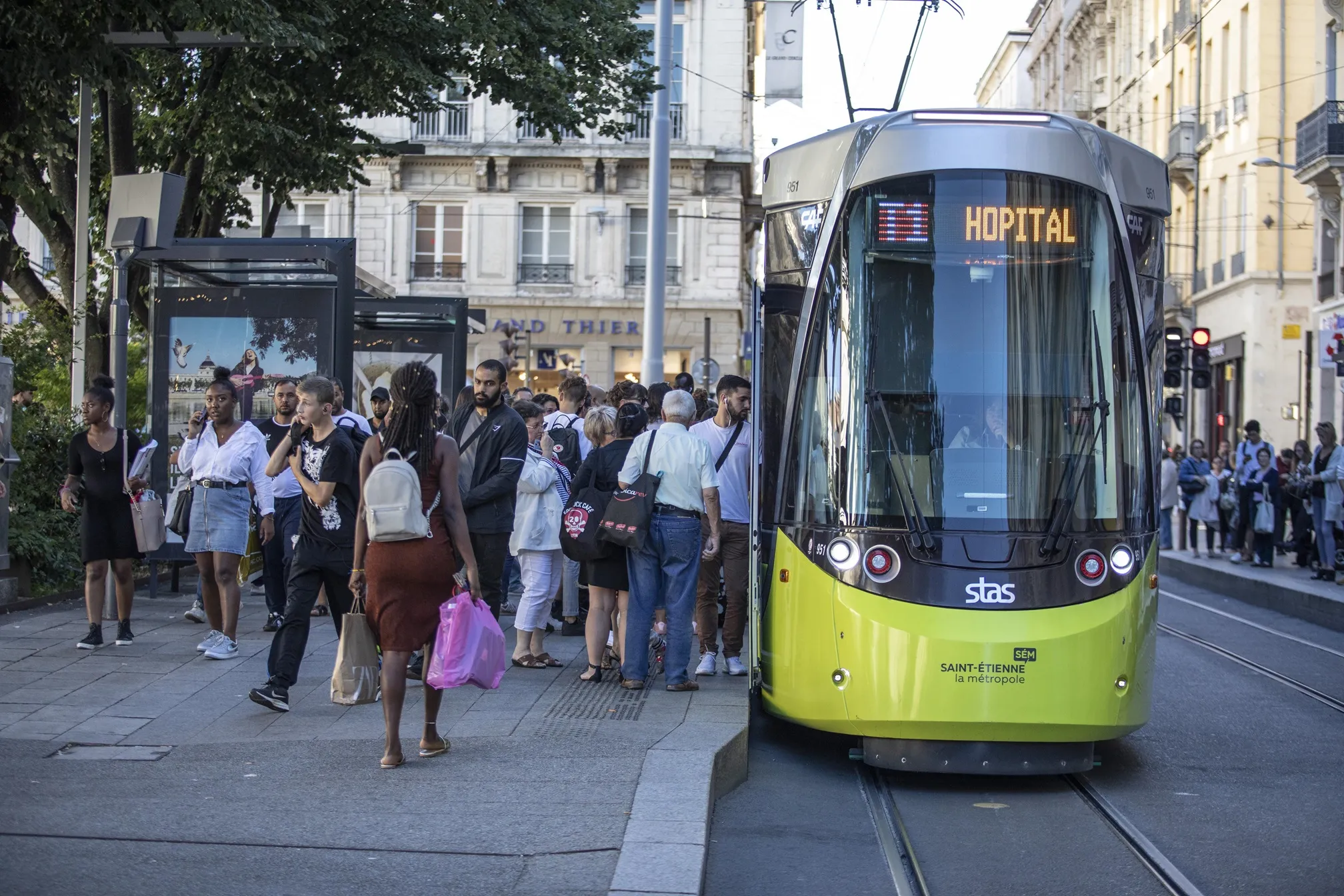The Sacramento Area Council of Governments (SACOG), US, has launched the Connect Card, a region-wide fare collection system implemented by
Connect Cards can be used on more than 500 buses and at approximately 80 light rail station platforms using smartcard passenger terminals. Retail sales terminals and the consumer website will provide riders with convenient ways to add transit fare or cash value to their smartcards.
Travel by public transit will become much simpler using the Connect Card. Using Init’s PROXmobil passenger terminals, riders will tap on when boarding buses, or at platforms when getting on trains. The transaction will automatically be debited for the exact fare for that ride. Reduced boarding times at stops will increase efficiency and on-time performance while decreasing transit driver workload.
The management of all relevant fare details, including revenue sharing between agencies, is controlled by Init’s back-office system, MOBILEvario. This software solution configures all fare collection and clearing processes for each of the individual agencies while streamlining work processes and enhancing services for all passengers.
Init’s Connect Card fare system launches in Sacramento
The Sacramento Area Council of Governments (SACOG), US, has launched the Connect Card, a region-wide fare collection system implemented by Init Innovations in Transportation. The system incorporates nine transit agencies covering six counties within the Sacramento region, serving a population of 2.5 million.
June 20, 2017
Read time: 2 mins
Related Content











